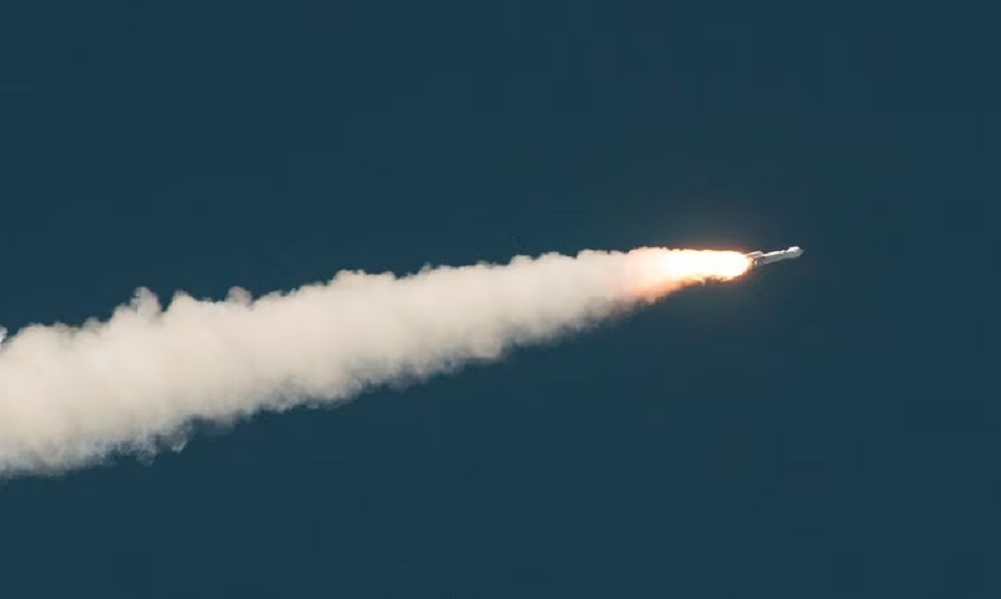Mission managers are expecting a “spot-on” touchdown on the U.S. military’s vast Utah Test and Training range, west of Salt Lake City, said Sandra Freund, program manager at Lockheed Martin, which designed and built the spacecraft.
The round, gumdrop-shaped capsule is scheduled to land by parachute at 10:55 a.m. EDT (1455 GMT), about 13 minutes after streaking into the top of the atmosphere at roughly 35 times the speed of sound, capping a seven-year voyage.
If successful, the OSIRIS-REx mission, a joint effort between NASA and scientists at the University of Arizona, would mark the third asteroid sample, and by far the largest, ever returned to Earth for analysis, following two similar missions by Japan’s space agency over the past 13 years.
OSIRIS-REx collected its specimen from Bennu, a carbon-rich asteroid discovered in 1999 and classified as a “near-Earth object” because it passes relatively close to our planet every six years. Scientists put the odds of it striking Earth at 1-in-2,700 in the late 22nd century.
Bennu is small as asteroids go, measuring just 1,600 feet (500 meters) in diameter – slightly wider than the Empire State Building is tall but tiny compared with the cataclysmic Chicxulub asteroid that struck Earth some 66 million years ago, wiping out the dinasours.
Like other asteroids, Bennu is a primordial relic of the early solar system whose present-day chemistry and mineralogy are virtually unchanged since it formed some 4.5 billion years ago. It thus holds valuable clues to the origins and development of rocky planets such as Earth, and may even contain organic molecules similar to those necessary for life to evolve.
“We’re literally looking at geologic materials that formed before Earth even existed,” Dante Lauretta, principal investigator for the mission at the University of Arizona, Tucson, told reporters last month.
OSIRIS-REx launched in September 2016 and reached Bennu in 2018, then spent nearly two years orbiting the asteroid before venturing close enough to sink its robot arm into the loose surface on Oct. 20, 2020, in a grab-and-go maneuver.
The spacecraft embarked on a 1.2-billion-mile cruise back to Earth in May 2021.
The Bennu sample is estimated at 250 grams (8.8 ounces), far surpassing the amount of material carried back from asteroid Ryugu in 2020 and asteroid Itokawa in 2010.
On arrival, the new sample will be flown by helicopter to a “clean room” set up at the Utah test range for initial examination, then transported to NASA’s Johnson Space Center in Houston, to be parceled into smaller specimens promised to some 200 scientists in 60 laboratories around the world.
The main portion of the OSIRIS-REx spacecraft, meanwhile, is expected to sail on to explore yet another near-Earth asteroid.












































